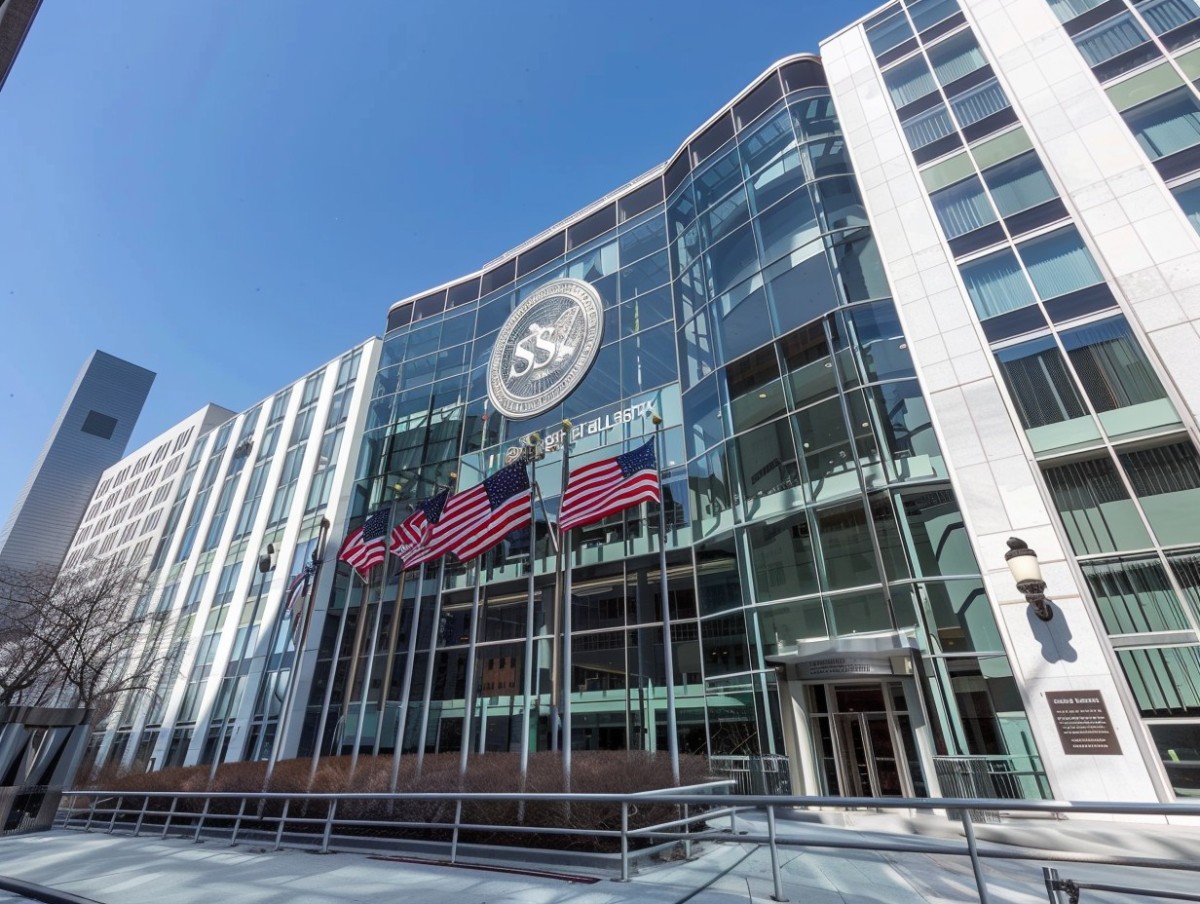The Securities and Exchange Commission’s (SEC) settlement with Genesis was approved by Judge Sean Lane on Monday, thus marking a significant moment in the ongoing legal proceedings surrounding the bankrupt lender.
Unopposed at the hearing, this court sanction deems the agreement a “reasonable settlement,” potentially obligating Genesis to pay up to $21 million, contingent upon creditor reimbursement. This resolution comes after the SEC’s legal action against Genesis, initiated in January of the previous year, accusing the lender of commingling assets from the Gemini Earn program with those of other clients.
Genesis bankruptcy proceedings: Key issues and debates
The court hearing, dedicated to addressing various aspects of Genesis’s bankruptcy case, also featured opening statements from both Genesis and its parent company, Digital Currency Group (DCG). With the proceedings expected to extend over three days, a major point of contention emerged around DCG’s challenge to the bankruptcy plan proposed by Genesis creditors. This plan, criticized by DCG for allegedly favoring certain creditors at the expense of the company’s economic and corporate governance rights, has ignited a debate on how customer claims should be evaluated—especially concerning the valuation date of cryptocurrencies.
Genesis’s legal representation countered, emphasizing that their proposed plan could enable creditors to recover up to 77% of their claims, subject to court approval. The dispute mirrors a broader industry discussion, notably reflected in the FTX bankruptcy case, about the methodology for valuing cryptocurrency claims in legal proceedings.
Genesis and NYAG settlement: A controversial proposal
Another focal point of the hearing was the proposed settlement between Genesis and the New York Attorney General (NYAG), Letitia James. This agreement, aimed at resolving allegations of fraudulent schemes related to the Gemini Earn program, was lauded by Genesis as a means to circumvent the uncertainties of prolonged litigation. However, DCG has voiced strong objections, characterizing the settlement as an underhanded effort to bypass U.S. bankruptcy laws and unfairly prioritize certain creditors over others.





